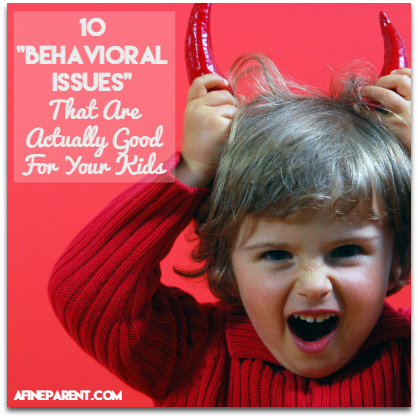 Have you ever found yourself drawn into deep negotiations with your child?
Have you ever found yourself drawn into deep negotiations with your child?
So deep that you temporarily forget you are the parent?
My daughter has a knack for reeling me in. At the tender age of seven she has already mastered the fine art of negotiation and seems destined for a career around the negotiating table at the UN. She’ll do well, I’m sure. Her persuasion skills are legendary.
Here’s a scene from my house just the other night.
My 4-year-old son is in the bath, all soap and steam. There is water everywhere. Toy action figures are littered across the floor, around the bathtub, on the shelf. And in the toilet.
It’s getting late. It’s school tomorrow. I’m starting to feel stressed.
Picking up the signals with her in-built precision radar, my daughter seizes her moment.
She has already won my heart this busy evening. She has bathed herself. Combed her hair. Fished new pajamas from her drawer. Carefully placed her dirty clothes in the laundry basket.
I was putty in her hands. And she knew it.
Ella: ‘Mom? Can I please just watch the end of my film while you see to Joe?’
Me, distracted: ‘No I don’t think so sweetie, it’s getting late.’
Uh-oh. I used the fateful word – ‘Think’. Why didn’t I just stop at ‘No’?!
Ella, sensing my indecision: ‘Pleease Mom, there are only 10 minutes left.’
From the bath, Joe launched a tiny Buzz Lightyear figure skyward. It connected with my left ear. He giggled.
Ella, persisting: ‘Mom? Can I?’
Me, rattled: ‘No, it’ll soon be bedtime and time to go upstairs.’
Uh-oh. I used the equally open-ended ‘Soon’. Very different from ‘Now’.
Ella, indignant: ‘But you’re not ready yet, and it’s not fair that Joe got to watch his programme earlier and I didn’t!’
Me, feeling bad: ‘By the time you’ve got it set up it will be too late.‘
Uh-oh. Now we’re negotiating. How did that happen?
Ella: ‘The disc is already in. So can I? Please? I promise I’ll come when you call.’
Joe, now feeling ignored, unleashed a mini-tsunami over the side of the bath.
Me, frazzled and soggy: ‘Okay, okay, but just 10 minutes, right?’
Uh-oh. I asked for her agreement. What was I thinking?!
Ella: ’20 minutes?’
Me, firmly beaten: ’15 and that really is it!’
Ella grinned and left the room. I saw to my dripping boy, only later finding the headspace to reflect on the fact that my girl had once again skillfully negotiated her way to the deal she wanted.
Part of me is proud of her tenacity. I have taught her how to focus on what she wants and given her the tools to reach for it.
But I’m also aware that there is a vast difference between innocent persuasion, and manipulation that leaves the other person feeling bad inside.
It’s not a giant leap from one to the other. And lately, I’ve seen my daughter flirt across that line on quite a few occasions.
So. I’m officially now on a mission to manage my daughter’s talent for negotiation. And I realize, with a degree of squirming discomfort, that this will involve changing some of my own behaviors too.
After all, our children learn by example.
I’m all too aware that my former career as a professional negotiator has probably influenced the way I’m bringing up my children more than I care to acknowledge.
I know I’m adept at negotiation. I know how to use it wisely. And most times I do. In Desperate Mom moments when I’m tense and tired though, I know I occasionally cross that line between persuasion and manipulation. I blatantly, and shamelessly, maneuver my children into behaving the way I need them to.
It works.
But it doesn’t feel good.
And worse, it shows them that ‘This is how you trample on others to get your own way!’
Not the message I want them to receive.
So, with a deep breath and a humble head here are my 5 top tips for nurturing responsible negotiation in your children. With a heavy dollop of personal mindfulness thrown in for good measure.
 Have you ever wondered what it must be like to be a child in today’s busy grown-up world?
Have you ever wondered what it must be like to be a child in today’s busy grown-up world? It’s so hard as a parent to draw our kids into meaningful conversations, isn’t it?
It’s so hard as a parent to draw our kids into meaningful conversations, isn’t it? Does it bother you when somebody judges you?
Does it bother you when somebody judges you? Kids are cute. But boy, can they press our buttons.
Kids are cute. But boy, can they press our buttons.